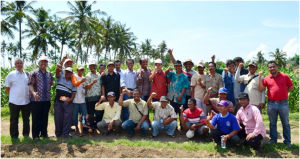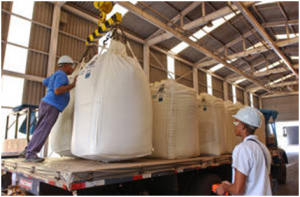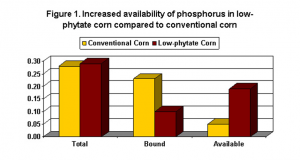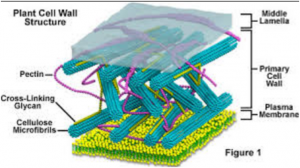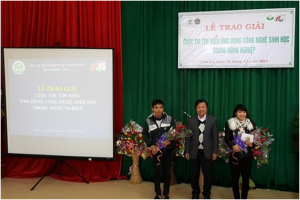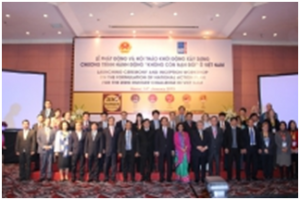|
Academic, Science-based Reforms Proposed to Give Way for Gene Editing Under EU Rules
Friday, 2023/03/17 | 08:22:15
|
|
A law expert from the University of Passau in Germany explains that there is currently no validated method of identifying gene-edited plants that carry only naturally occurring mutations or those that can be achieved through conventional mutagenesis. Hence, reforms based on a scientific and academic point of view are being proposed to make room for gene editing under the European Union's (EU) regulatory framework for genetically modified organisms (GMOs).
The proposed reforms consist of three levels:
The aim is to improve the current GMO regulations' impracticability in relation to gene editing. They are also meant to address the trade asymmetry between the EU and its major partners like the United States, Argentina, India, and Japan, who do not regulate gene-edited products as GMOs. This asymmetry entails costs and may also lead to trade disruption.
For a better understanding of the proposed reforms, read the article in Frontiers in Genome Editing.
|
|
|
|
[ Other News ]___________________________________________________
|


 Curently online :
Curently online :
 Total visitors :
Total visitors :








